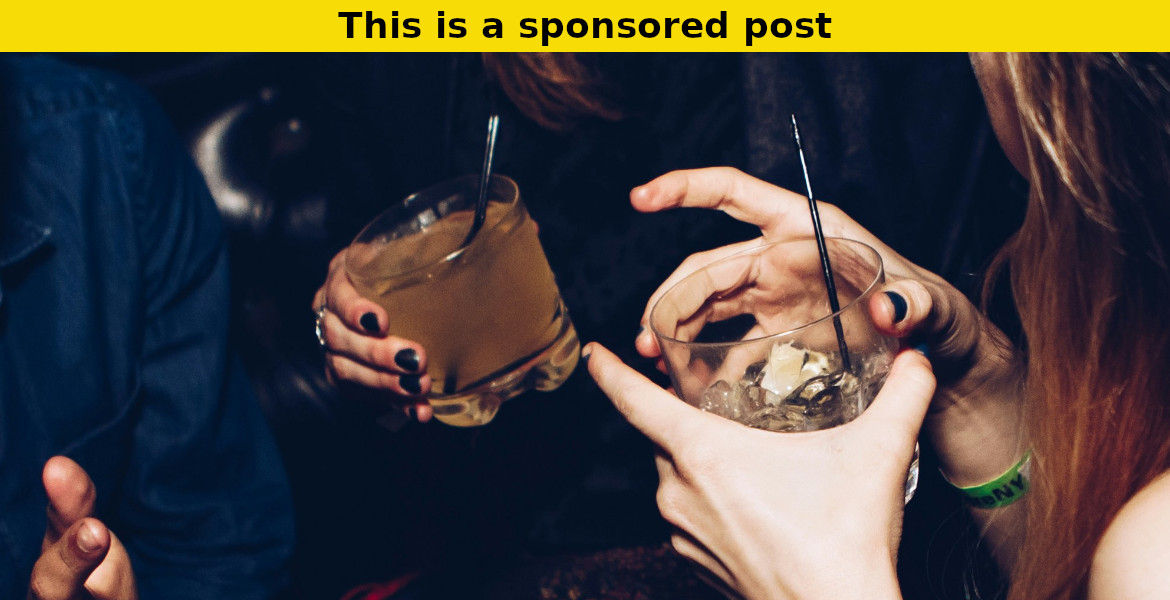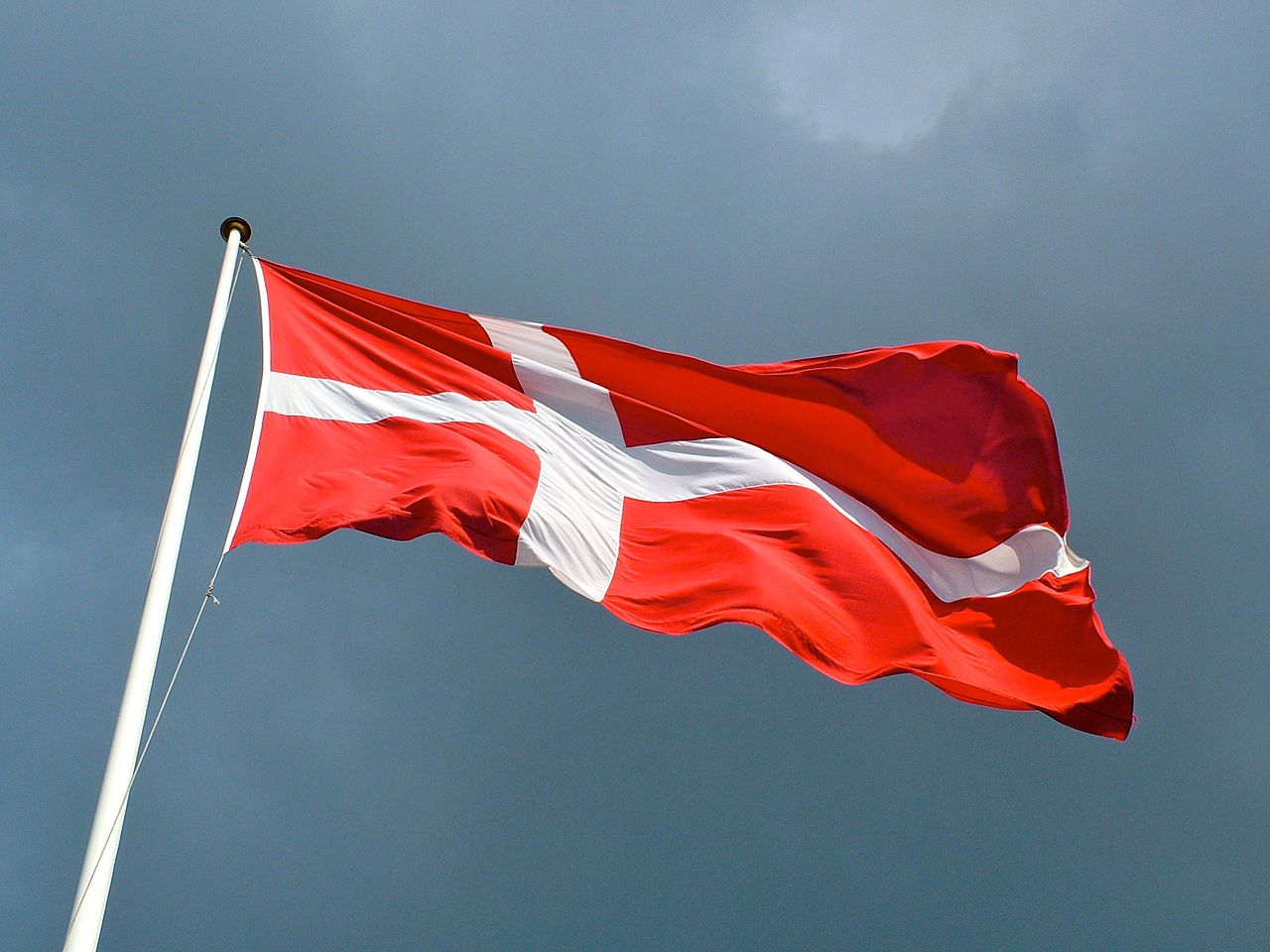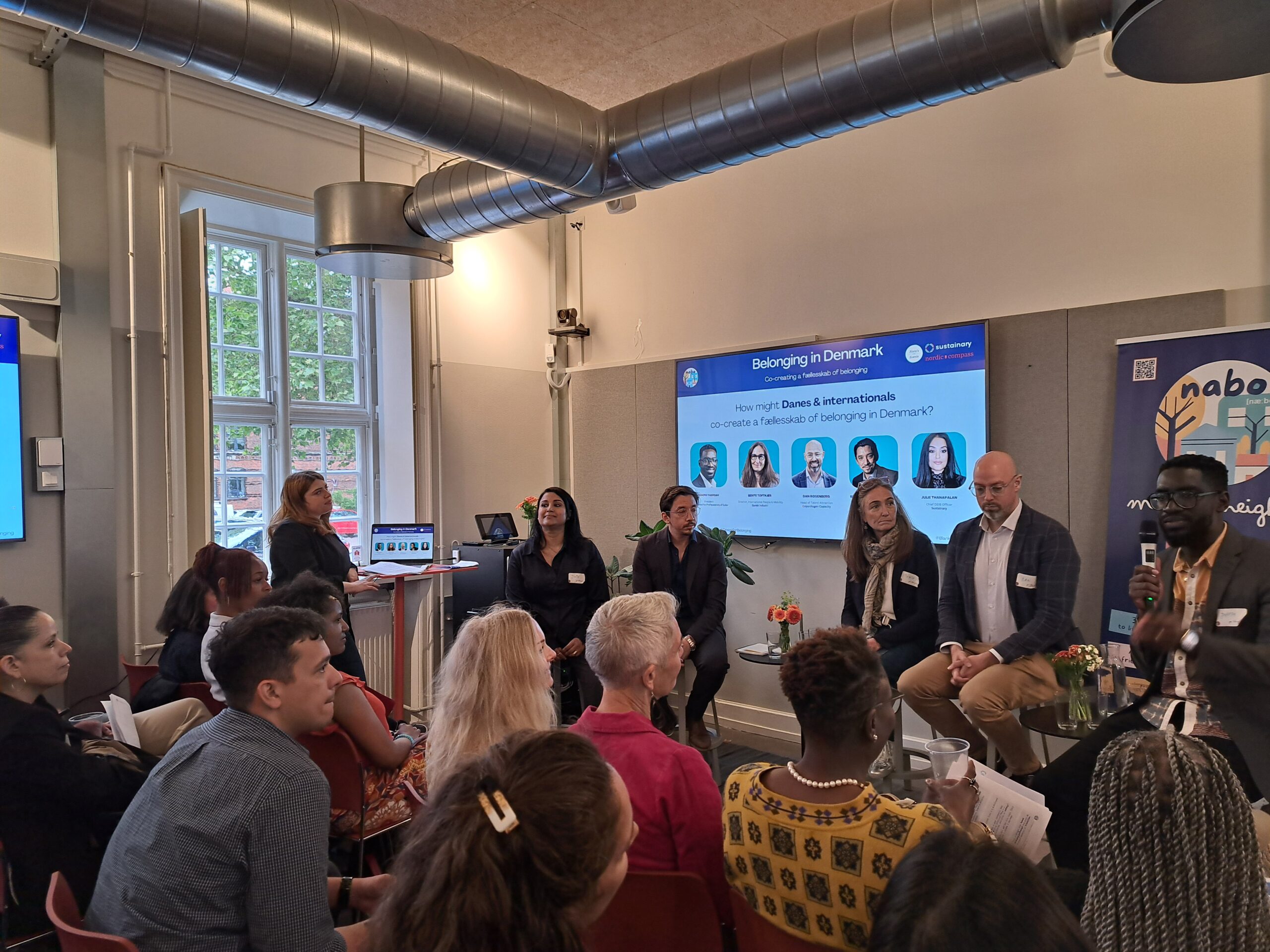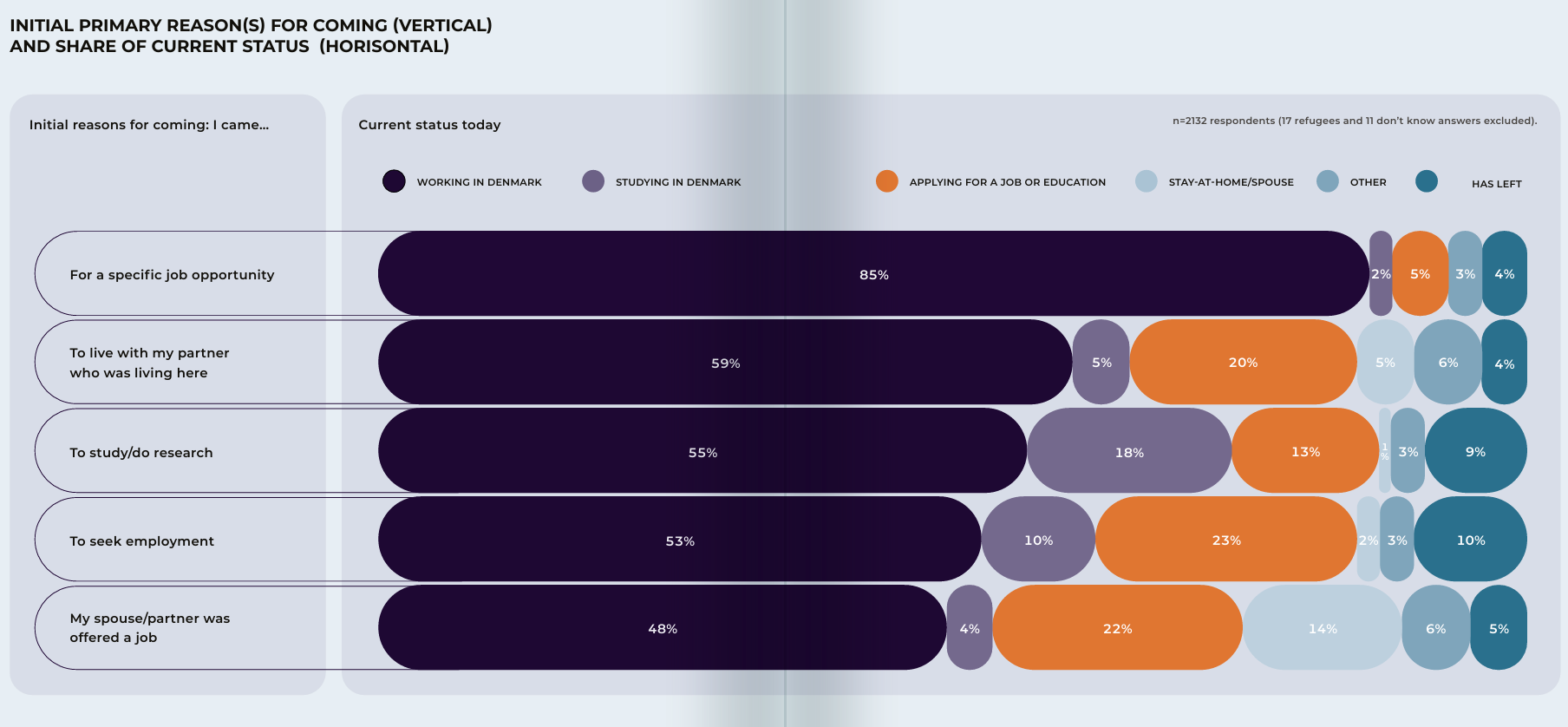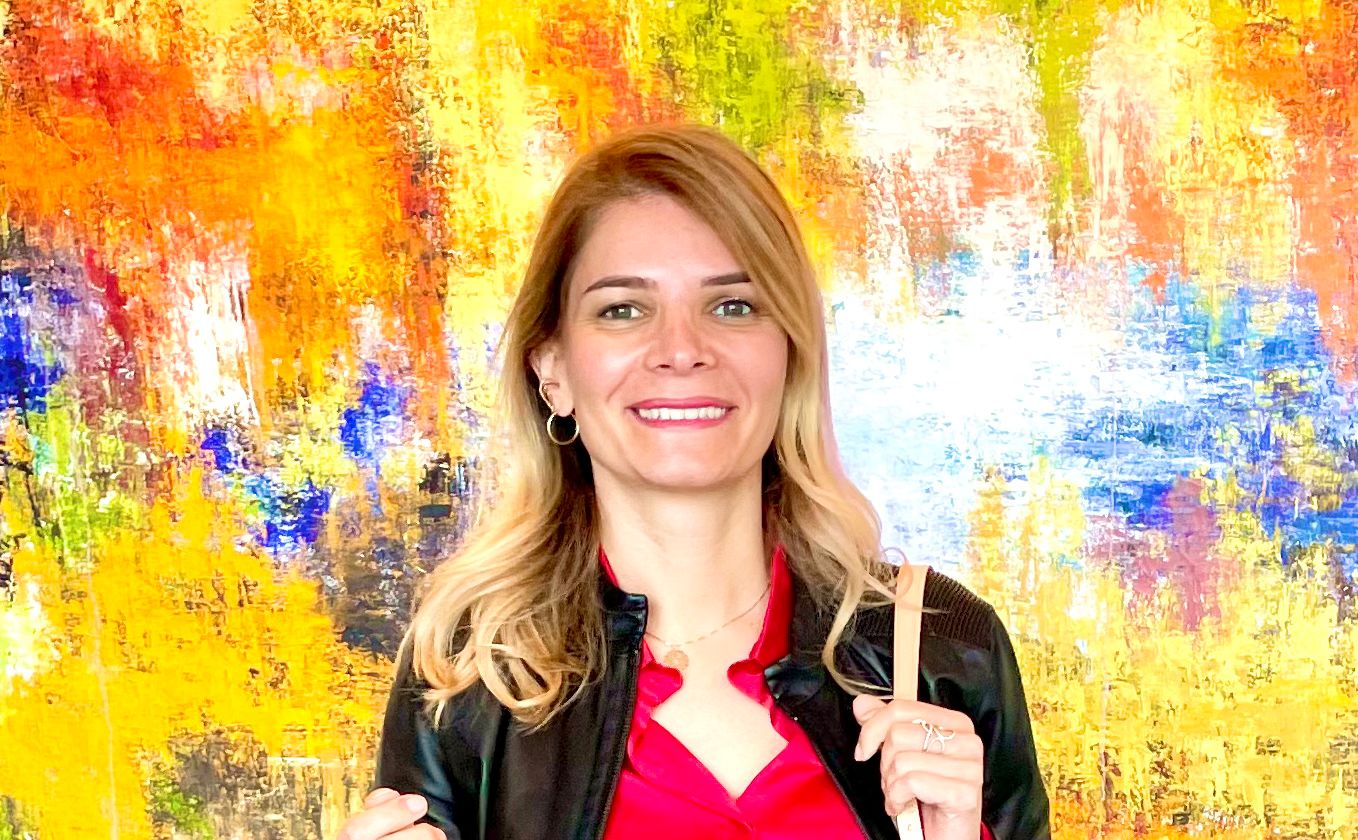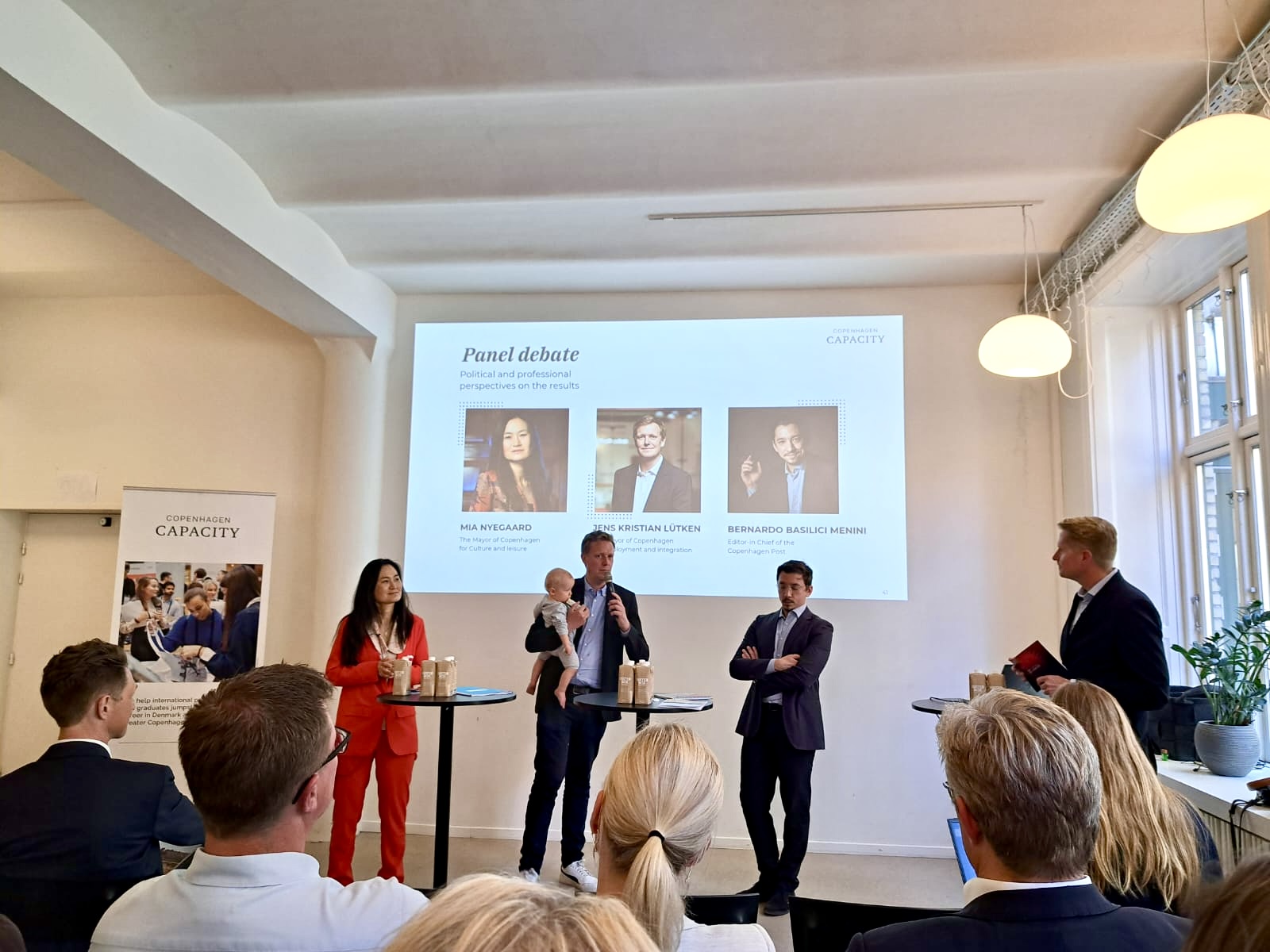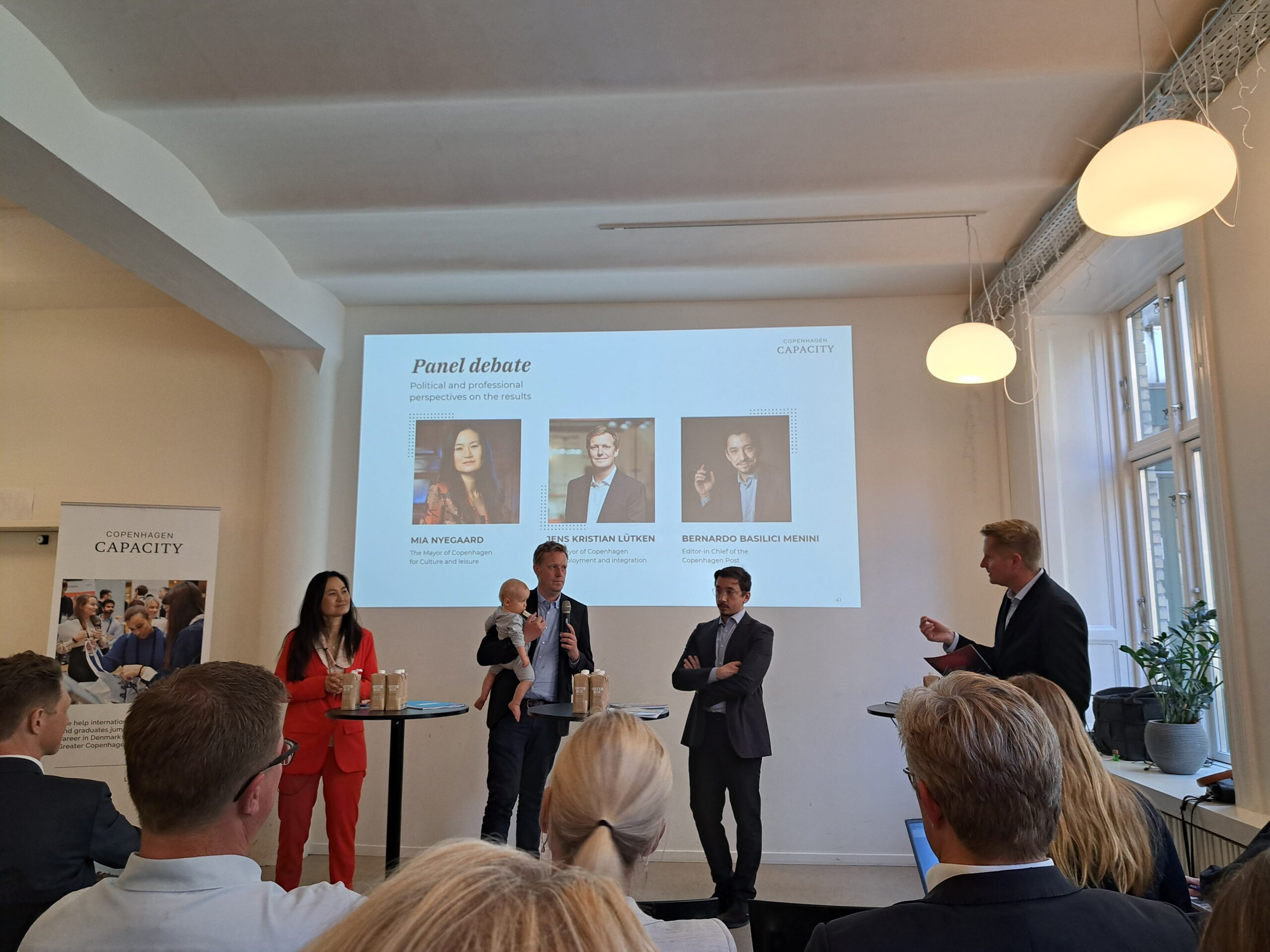Denmark is known as one of the happiest places in the world to live. However, despite this and like any other countries, Denmark still deals with its fair share of addiction and mental health challenges.
With Copenhagen home to the ‘free state’ of Christiana, the authorities across Denmark are cracking down hard on drug use.
In fact, drug and alcohol addiction rates across Denmark are currently higher than the EU average. So, let’s take a look at some statistics.
Addiction statistics in Denmark
Like many other countries, Denmark has high drug and alcohol addiction rates, with more people than ever seeking treatment for their addiction issues.
In fact, 37% of all Danish adults recently admitted to drinking nearly twice the EU average on a regular basis.
In addition to this, 6% of all deaths across Denmark were attributed to severe alcohol consumption [1].
Binge drinking is also a problem across the country, with more than 50% of all 15 and 16 year olds across Denmark admitted to binge drinking on a regular basis [1].
This is more than anywhere else in the EU. Across Denmark, twice as many men than women binge drink on a regular basis.
When it comes to other types of addiction, such as cannabis addiction, Danes consume more cannabis than the rest of the EU, with 6.4% of all individuals asked admitting to consuming cannabis.
Of those aged 15 – 35 years old, approximately 19% admitted to smoking cannabis and 65% of all those in treatment for a drug addiction are there due to a cannabis addiction [2].
In addition to this, approximately 16% of those in drug and alcohol treatment are suffering from a cocaine addiction, which is an incredibly worrying statistic due to the damage a cocaine addiction can do to your body and mind.
However, on a positive note, the number of people living in Denmark who abuse opioids has reduced. Still, methadone remains the top opioid that leads to unexpected overdoses [3].
The gender split in Denmark mimics that of the rest of the EU. Three times as many men to women die from drug and alcohol overdoses each year across Denmark [3]. As you can see, like many other countries, Denmark suffers from its fair share of addiction problems.
However, there are now more treatment options available to those living in Denmark than ever before.
For those with a severe addiction, inpatient rehab is probably the most sensible option.
However, if your addiction is deemed moderate or less severe, then you might only need to attend outpatient rehab, where you would get the chance to recover at home and only attend a rehab facility each week.
Others might be offered a home detox, where you will medically withdraw from the substances you are addicted to in the comfort of your own home.
In order to help you to deal with your withdrawal symptoms, you will be offered regular phone calls with a doctor and will also be sent medication in the post.
Below are just some of the benefits associated with attending rehab in Denmark.
The benefits of attending rehab in Denmark
There are numerous benefits to attending rehab in Denmark. Not only will you get a chance to medically detox from the substances you are addicted to, but you will also get a chance to receive mental health treatment, which could be the root cause of your addiction.
Likewise, you will also get access to an aftercare plan, meaning that once you leave the rehab facility you will be equipped with everything you need to remain in recovery and remain sober.
1. Detox in a controlled environment
The medical detox is by far one of the most challenging aspects of addiction recovery. Suffering from an addiction means that your body is physically addicted to a substance.
Therefore, in order to fully recover from your addiction, you will need to withdraw from taking the substances.
Doing so means that you will experience withdrawal symptoms, which does put a lot of stress and strain on your body and mental health.
It is never recommended to recover at home or alone, unless told otherwise by a doctor. Attending a rehab facility means that your detox will be monitored and managed around the clock.
2. Access to therapy
Likewise, by attending drug and alcohol rehab in Denmark, you will gain access to much needed therapy.
Most rehab facilities across Denmark offer a range of therapy techniques, including cognitive behavioural therapy, motivational interviewing, holistic therapy and dialectical behavioural therapy.
The majority of people who suffer from a drug or alcohol addiction also suffer from a mental health condition.
Often, those with mental health conditions use drugs and alcohol as a crutch, as a way of dealing with their addiction issues.
Likewise, those who suffer from addiction issues often find that they go on to suffer a range of mental health conditions as a result of their addiction.
Suffering from a mental health condition alongside an addiction is called a dual diagnosis.
Those who suffer from a dual diagnosis will always need to undergo a detox as well as a range of therapy techniques in order to recover from their addiction and mental health issues.
Attending drug and alcohol rehab in Denmark means that you get to receive both forms of treatment consecutively.
3. Improved relationships
Attending drug and alcohol rehab in Denmark means that you’ll have a chance to work on your relationships.
We all know that suffering from an addiction can ruin many relationships in your life. However, by attending a reputable drug and alcohol rehab, you will get the chance to rebuild these relationships.
You might even get a chance to create and build new relationships with people you meet at the rehab facility.
4. Structured routine
Many people who suffer from drug and alcohol addition struggle to stick to a routine.
Suffering from an addiction issue means that your life becomes chaotic and unpredictable at times, which only adds to the turmoil and uncertainty.
By attending drug and alcohol rehab, your days will become structured, with numerous appointments and treatment sessions to attend each day.
By creating positive habits and routines whilst within the rehab facility, you will be far more equipped to return back home and live a much happier and healthier life, with a structured routine and better habits.
The rehab process in Denmark
The rehab process in Denmark is relatively straightforward. Whilst the idea of attending rehab can seem daunting at first, understanding exactly how the rehab process works can take a lot of pressure off.
Before attending rehab, whether that be inpatient drug and alcohol rehab or outpatient drug and alcohol rehab, you will likely be assessed by a medical processional.
They will ask you all manner of questions, including how severe your addiction is, what substances you are addicted to and whether or not you’ve overgone any type of treatment in the past.
It is incredibly important to be as honest as possible with the doctors, as they will use this initial assessment to formulate a treatment plan.
Once your initial assessment is completed, you will then most likely be admitted into a rehab facility in order to undergo a medical detox.
This medical detox will most likely last 10 days and will put your body and mind under significant strain.
During this tricky time, you will be carefully monitored and assessed, and you will be offered medication in order to help you cope with your withdrawal symptoms.
It is important to understand that without a medical detox, your body will remain physically addicted to the substances you struggle with.
With the withdrawal symptoms being so severe, it will almost always be recommended to attend a rehab facility to detox.
If your addiction is deemed less severe, then your body might be able to recommend a home detox, although this is less common.
Once you have successfully completed your medical detox, you will then be assessed for your mental health conditions.
Unfortunately, a lot of people who suffer from addiction issues also suffer from mental health issues. This is because many addictions cause mental health conditions such as depression, schizophrenia and anxiety.
Likewise, a lot of people who suffer from these mental health conditions turn to substances in an attempt to cope with their mental health conditions.
Once your mental health issues have been examined and defined, you will then start your therapy treatment. This will consist of a range of therapy techniques, including cognitive behavioural therapy, motivational interviewing, dialectical behavioural therapy and holistic therapies.
During your time at rehab, a large percentage of your time will also be spent creating an aftercare plan for when you leave the rehab facility. This aftercare plan will go home with you and will consist of a range of coping mechanisms, techniques and helplines for you to call should you need them once you leave.
Unfortunately, a large percentage of those who recover from drug and alcohol addictions go on to relapse later in life. This is why it is incredibly important to create a robust aftercare plan whilst recovering from your addiction.
References
[1] European Commission (2019), “State of Health in the EU Denmark Country Health Profile 2019.” EU Commission Denmark 2019 (PDF)
[2] Survey 2019 (PDF) ↩︎United Nations Office on Drugs and Crime (2019), “Annual prevalence of drug use (latest year available) relative to the 2019 global estimate.” UNODC Report-Denmark, Drug demand[3] European Monitoring Cenre for Drugs and Addiction (2019), “Denmark—Country Drug Report 2019.” EMCDDA Report (PDF)

